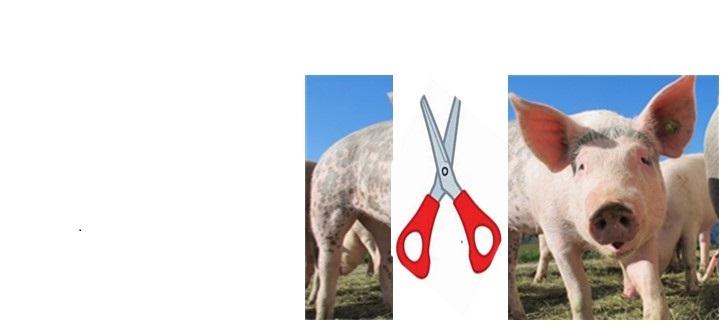SCOTTSDALE, AZ / ACCESSWIRE / January 3, 2025 / Consumers have been struck by steep increases in car insurance premiums, leaving many feeling frustrated and financially strained. In light of this, auto insurance companies must embrace a more efficient business model akin to that of the Department of Government Efficiency (DOGE). As Elon Musk and Vivek Ramaswamy embark on the challenging task of slashing a trillion dollars or more from the national budget, financial expert Randall Sorensen, CPA CFF, emphasizes that significant auto insurers should adopt a similar approach to cost reduction. By implementing strategic and innovative measures, these companies could alleviate the financial burden on consumers while maintaining their profitability.

The Insurance Research Council estimates that fraudulent practices related to inflated auto claims result in an annual cost of approximately $8 billion to insurers and consumers. In 1998, Mr. Sorensen was hired to review an auto claim being made by a real estate agent for $200,000. Upon reviewing her tax return, Mr. Sorensen noted that the claimant was depreciating a horse. While it is permissible to write off livestock for tax purposes, such write-offs must be associated with income-producing property. In this instance, the horse, designated as a "stud," was not producing any income; instead, it generated substantial tax deductions that significantly reduced the owner's social security taxes and income tax liabilities.
Fast forward to April of 2024. A DIY home flipper was making a six-figure claim due to a car accident. Once again, Mr. Sorensen requested real estate documents and tax returns. The plaintiff's attorney thought this was a slam dunk policy limit. Not so fast. Making lots of money sounds sexy but failing to correctly report your income will trump sexy every time. During mediation, the presiding panel of judges found the loss of earnings records fraught with misleading facts and overzealous calculations. After a short deliberation, the judges awarded the plaintiff $0 in lost income.
Over the last 35 years, technology has developed at warp speed. In contrast, recordkeeping has seen few if any changes.
Mr. Sorensen took his experience of reviewing more than two thousand claims and testifying 100 times and created an AI called Lost Wage Assistant. The program instructs claims adjusters what documents to request to prove loss of earning claims. Fifty percent of claimants will fully cooperate, but fifty percent will morph into the invisible man. Cheating is cool until you get caught.
According to the Insurance Research Council, auto insurers are currently paying 58% of lost income claims presented. In contrast, statistics compiled utilizing Lost Wage Assistant show a claim payout rate of 29%.This represents a decrease of 50%. Auto insurers utilizing LWA could slash inflated claims by $4 billion a year ($8 billion x 50%). This would translate into savings to State Farm of $270 million, Progressive and Geico, $225 million, Allstate $171 million and USAA $100 million. Mr. Sorensen stated "insurance companies have an amazing opportunity to cut claim costs and increase market share by implementing Lost Wage Assistant. I'm transitioning to retirement and will be selling the AI". LWA requires no training and provides 125 years of artificial intelligence to maximize corporate profits.
Randall Sorensen, CPA has specialized in forensic accounting for over 35 years. Randall Sorensen's accounting practice is in Scottsdale, Arizona.
Contact Information:
Name: Randall Sorensen, CPA
Phone: 480.344.2970
Email: rsorensen@ezdoc.net
Location: Scottsdale, Arizona
SOURCE: Randall Sorensen, CPA
View the original press release on accesswire.com

